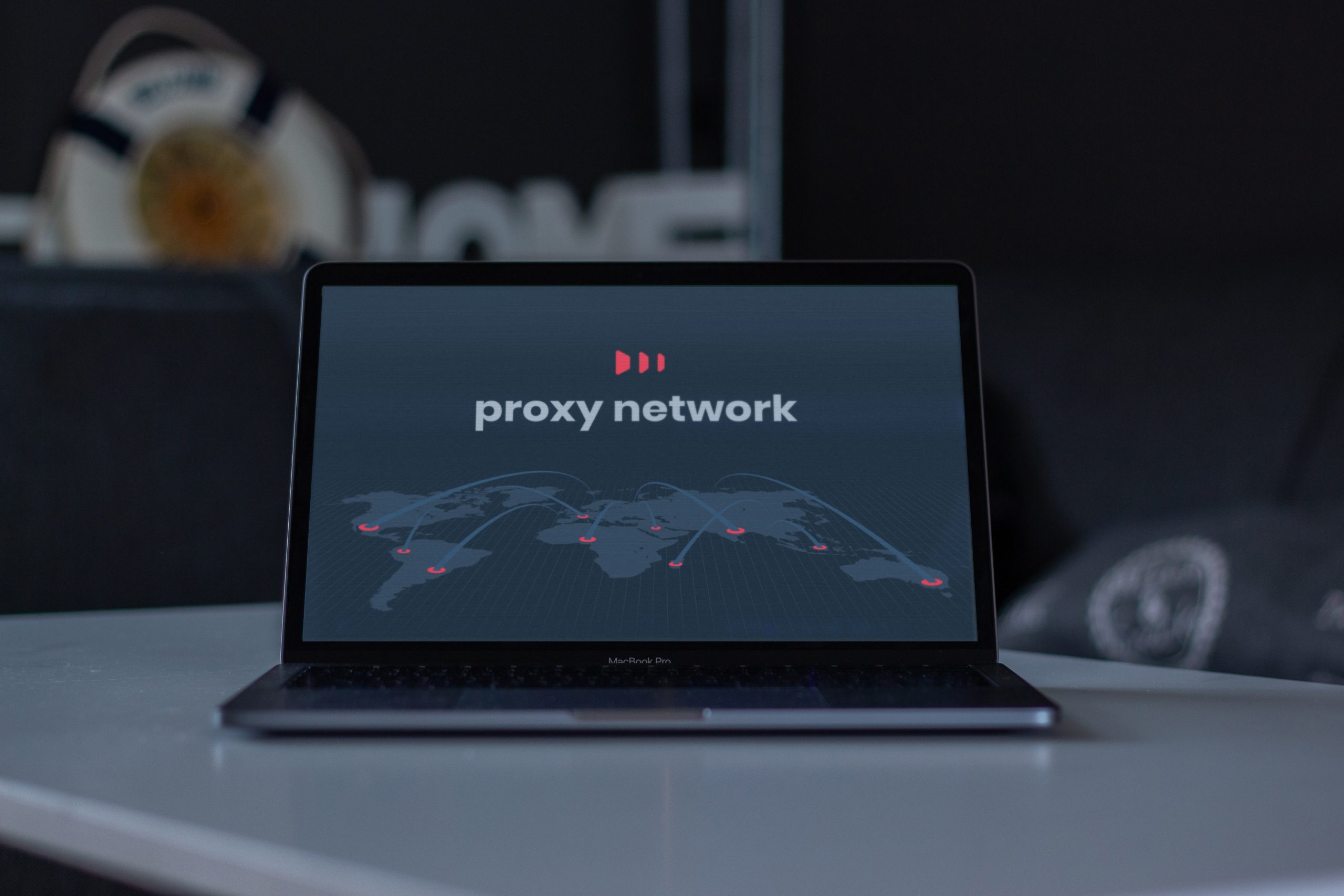Things to Consider while Web Scraping via Proxy
Everyone in today’s competitive world is seeking new ways to develop and utilize new technologies. Web scraping is a tool that allows users to obtain structured web data automatically. If the public website you want to acquire data from doesn’t have an API, or if it has, but gives you restricted access to the data, web scraping is an excellent option to consider.
A well-designed scraping system collects information on your competitors, evaluates pricing on other websites, searches for relevant news from various sources, locates good sales lead prospects, and thoroughly investigates a market. Using Datacenter Proxies to secure your details is one of the most effective ways to get such things done. A Datacenter Proxy will hide your real IP address and spoof your original location by making you appear to be in the US. These proxies don’t have any IP limits.
What benefits does web scraping through a proxy offer?
Organizations use web scraping to gather valuable data on industries and market insights to make data-driven decisions and provide data-driven services. Since datacenter proxies are created in powerful data centers and are not affiliated with any ISP, they are the fastest proxies for web scraping. Below we have mentioned some other benefits of using proxies for web scraping.
Easily avoid IP bans
To prevent scrapers from making too many requests, business websites establish a limit on the quantity of crawlable data called “Crawl Rate“. This slows down the website speed. Scraping with a large enough proxy pool allows the crawler to bypass rate limits on the target website by issuing access requests from other IP addresses.
Carry out the extensive data scraping
There isn’t any way that can indicate if a website is being scraped programmatically. An increase in the activity would mean the scraper will get caught. For instance, they may access the same website too frequently or reach pages that are not immediately accessible. This puts them in danger of being identified and blacklisted. Proxies protect your identity and allow you to access multiple websites simultaneously.
Browse in complete anonymity
Due to the nature of web scraping, it’s unlikely that you’d want to reveal your device’s identity. If a website recognizes your identity, you may be targeted with advertisements, your private IP data may be tracked, or you may be prevented from visiting the site. You can utilize the proxy server’s IP address instead of your own when you use a proxy.
Preventive measures to take during web scraping
When it comes to data sources, there is a big pool of helpful information available on the internet that anyone can access. On the other hand, websites do not allow you to save this information for personal use.
That can be troublesome if you need to copy/paste data from hundreds of pages for your research. We’ve included several web scraping precautions for you to consider before collecting data from various sources.
Work on data discovery
The first stage in gathering technical requirements is determining what data needs to be extracted and where it may be accessed. Most web scraping initiatives aren’t viable until you know what web data you need and where to find it.
As a result, gaining a comprehensive understanding of these fundamental aspects is critical for progress.
Find a reliable proxy provider
It’s important to remember that having a dependable proxy service will save you a lot of time and effort at every stage. For that issue, datacenter proxies are a reliable option. They have improved security and allow you to obtain information from any website.
Furthermore, large data companies such as Facebook prohibit users whose IP address is identified as a data scraper. As a result, it is always advisable to start with a reliable proxy service.
Extract the data you really need
Our goal in this phase is to define exactly what data we want to retrieve from the target web pages. Since there is a lot of material on a page, the idea is to focus on the customer’s information. Taking pictures of the target web pages and marking them with fields that need to be extracted is one of the finest ways to capture the data extraction scope.
Design your request frequencies smartly
The number of times a user types a given phrase or word into a search engine in a month is referred to as request frequency. The three primary types are high-frequency (HF), low-frequency (LF), and mid-frequency (MF). When web-scraping via proxy, it’s critical to plan your request frequencies carefully.
Keep an eye on the data’s quality
In its most basic form, most of the information on the internet is unstructured and unhelpful. The final product’s quality is determined by the proxy server you use. Make sure to get one that has all the necessary features.
Conclusion
Web scraping is the most cost-effective way for organizations to receive a considerable number of data regularly. To make it easy for you, proxies are built to do so flawlessly while avoiding any unpleasant consequences. It will safeguard your identity while allowing you to visit several websites at once.

